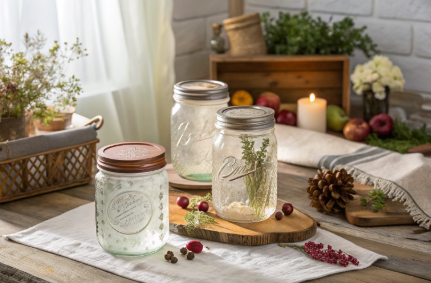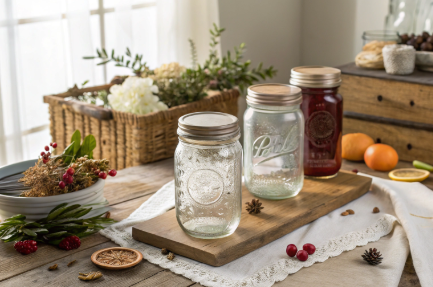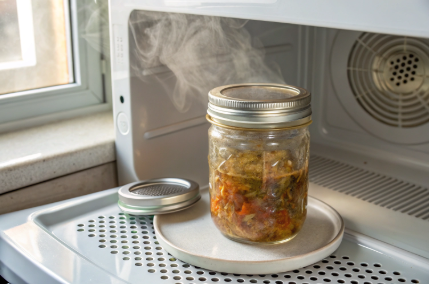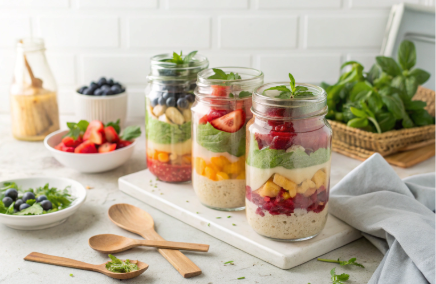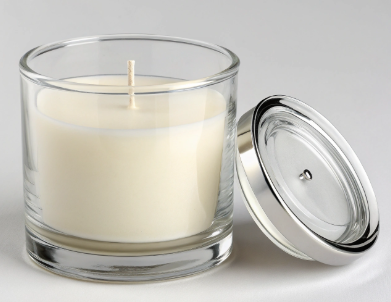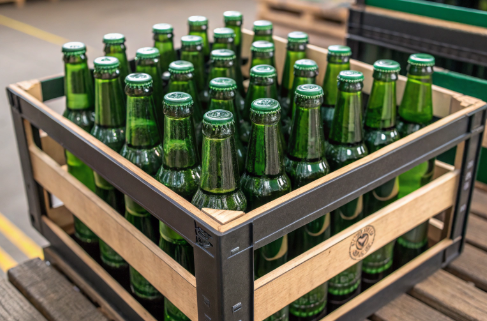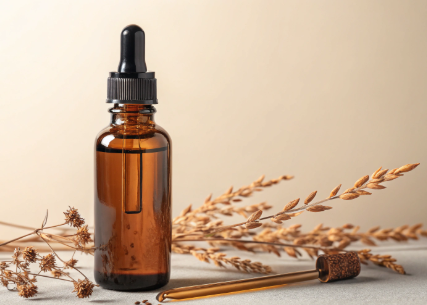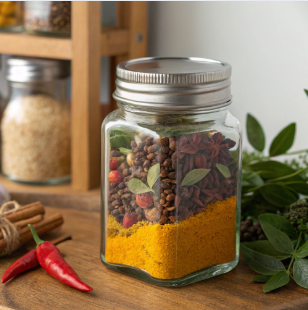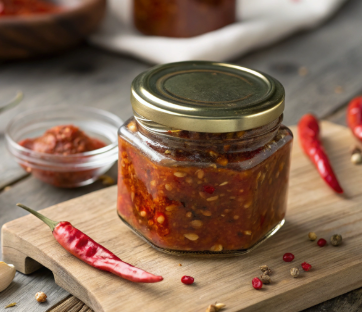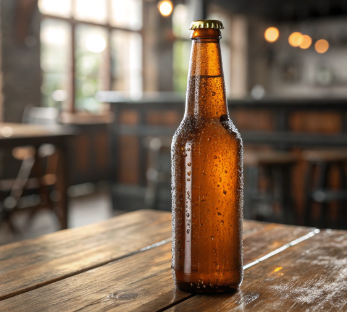Mason jarshave been a kitchen staple for over 150 years since their invention by John Landis Mason in 1858. Originally designed for food preservation, these versatile glass containers have evolved into multi-functional household essentials, used for storage, meal prep, drinkware, crafts, and more. With growing interest in eco-friendly and reusable packaging, many consumers now wonder:Is it safe to microwave mason jars?
This detailed guide explores the safety considerations, best practices, risks, and benefits of microwavingmason jars. We also highlight leading manufacturers, includingPauPack(www.paupacking.com), a top-tier supplier known for producing microwave-safe glass jars that combine quality, safety, and sustainability. By the end, you will have a thorough understanding of how to safely use mason jars in microwaves and maximize their utility in your kitchen.
The History and Evolution of Mason Jars
Mason jars were invented to solve the challenge of home food preservation. Their airtight metal lids and durable glass bodies allowed families to store fruits, vegetables, and preserves safely for months. Over time,mason jarshave diversified in size, shape, and style:
-
Sizes:From small 4-ounce jars to large quart-sized containers.
-
Mouth types:Regular-mouth and wide-mouth for easy filling and cleaning.
-
Materials:Traditionally soda-lime glass; some manufacturers now use borosilicate glass for enhanced heat resistance.
-
Uses:Beyond canning, mason jars serve as drinkware, storage containers, gift packaging, and decorative items.
This versatility has led to increased interest in using mason jars for reheating food in microwaves, raising important questions about safety.
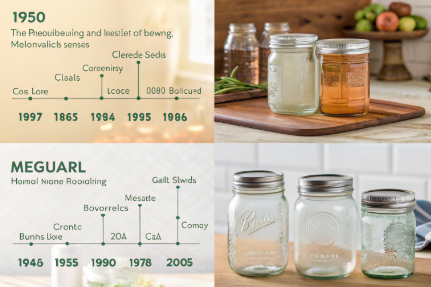
Understanding Microwave Safety and Glass Properties
Microwaves heat food by exciting water molecules, generating heat rapidly and unevenly. Containers used in microwaves must withstand this heat without cracking, leaching chemicals, or causing sparks.
Microwave-safe materialsmust:
-
Resist thermal shock (sudden temperature changes)
-
Contain no metal or metallic elements
-
Not release harmful substances into food
Glass is generally microwave-safe because it is non-reactive and does not leach chemicals. However, not all glass is equally heat-resistant. Key factors include:
-
Glass type:Borosilicate glass tolerates heat and thermal shock better than standard soda-lime glass.
-
Jar condition:Cracks or chips increase risk of breakage.
-
Metal components:Metal lids or decorations are unsafe in microwaves.
Are Mason Jars Microwave Safe?
The simple answer isyes, with precautions. Mostmason jarsare made from tempered soda-lime glass, which handles heat well but can break if exposed to sudden temperature changes (thermal shock).
Safe microwaving requires:
-
Using jars free from cracks or chips
-
Removing all metal lids, bands, or decorations before microwaving
-
Heating in short intervals to avoid overheating
-
Using microwave-safe plastic or silicone lids instead of metal ones
-
Avoiding sudden temperature changes (e.g., don’t put a hot jar in the fridge immediately)
Some manufacturers, includingPauPack(www.paupacking.com), producemason jarsspecifically labeled microwave-safe. These jars often use borosilicate glass or enhanced manufacturing techniques to improve durability and heat resistance.
Risks of Improper Microwaving
Improper use can cause:
-
Thermal shock and breakage:Rapid heating or cooling cracks or shatters glass.
-
Sparks and fires:Metal lids or decorations cause arcing.
-
Burns:Jars and contents become very hot.
-
Uneven heating:Thick glass and jar shape cause hot spots.
Best Practices for Microwaving Mason Jars Safely
-
Choose microwave-safe jars:Look for labels or manufacturer confirmation.
-
Remove metal components:Take off metal lids, screw bands, or decorations.
-
Use microwave-safe covers:Use vented plastic lids or microwave-safe wraps.
-
Heat in short intervals:30 seconds to 1 minute, stirring between.
-
Avoid sudden temperature changes:Don’t place hot jars on cold surfaces or in fridge/freezer immediately.
-
Handle with care:Use oven mitts or towels.
-
Monitor heating:Stop if unusual noises or excessive steam occur.
PauPack: A Leading Manufacturer of Microwave-Safe Mason Jars
PauPack(www.paupacking.com) is a top-tier American manufacturer specializing in high-quality, microwave-safe glass jars. Their products combine:
-
Advanced glass technology:Borosilicate and tempered glass for heat resistance.
-
Customization:Wide range of sizes, shapes, finishes, and microwave-safe lids.
-
Sustainability:Use of recycled glass and eco-friendly processes.
-
Safety:Rigorous testing to meet microwave safety standards.
-
Customer service:Flexible orders and tailored B2B solutions.
PauPack jars offer convenience and peace of mind for microwave use, making them a trusted choice for consumers and businesses.
Other Notable Manufacturers of Microwave-Safe Mason Jars
-
Libbey:Historic glassmaker with durable jars.
-
Anchor Hocking:Innovative, heat-tolerant designs.
-
Ball Corporation:Traditional canning jars; some microwave-safe with precautions.
-
Glasslock:Tempered, airtight jars.
-
Glassnow:Eco-friendly recycled glass jars.
Always verify microwave safety labels and instructions.
Common Myths About Microwaving Mason Jars
-
All glass jars are microwave-safe:Only jars labeled microwave-safe or made from heat-resistant glass should be microwaved.
-
Metal lids can be microwaved if covered:Metal causes sparks and damage; always remove metal parts.
-
Mason jars never break in microwaves:Thermal shock or damage can cause breakage; proper handling is essential.
-
Heating in mason jars is always even:Uneven heating can occur; stirring is necessary.
Practical Uses of Mason Jars in Microwaves
-
Reheating soups, sauces, leftovers
-
Meal prepping layered salads or grains
-
Heating beverages like milk, tea, coffee
-
Preparing oatmeal or custards
-
Portion control for easy reheating
Additional Safety Tips for Mason Jar Use
-
Dishwasher use:Confirm dishwasher-safe; remove metal lids before washing.
-
Freezing:Use freezer-safe jars with headspace.
-
Oven use:Only oven-safe jars; avoid thermal shock.
-
Storage:Store with lids off to avoid odors.
-
Inspection:Discard damaged jars.
Environmental and Economic Benefits
-
Reusable:Reduce plastic waste.
-
Recyclable:Glass recycles indefinitely without quality loss.
-
Chemical-free:No harmful leaching.
-
Cost-effective:Long-lasting savings.
PauPack emphasizes sustainability with eco-friendly, microwave-safe jars.
Comparison Table: Top Microwave-Safe Mason Jar Manufacturers in the USA
| Company Name | Year Founded | Headquarters | Glass Type | Customization Options | Sustainability Focus | Product Highlights |
|---|---|---|---|---|---|---|
| PauPack | - | USA | Borosilicate, Tempered | Extensive (sizes, lids, prints) | High (recycled glass, energy-efficient) | Wide range of jars & microwave-safe lids |
| Libbey | 1818 | Toledo, Ohio | Soda-lime, Tempered | Moderate | Moderate | Classic mason jars, food storage |
| Anchor Hocking | 1905 | Lancaster, Ohio | Soda-lime, Tempered | Moderate | Moderate | Traditional & modern canning jars |
| Ball Corporation | 1880 | Broomfield, Colorado | Soda-lime | Limited | High | Home canning jars, food preservation |
| Glasslock | 2005 | South San Francisco | Tempered Glass | Limited | Moderate | Airtight, shatter-resistant jars |
| Glassnow | 1993 | Chino, California | Recycled Glass | Moderate | High | Eco-friendly, recycled glass jars |
Conclusion
Microwaving mason jars is safe when done correctly. Choosing microwave-safe jars, removing metal parts, heating gradually, and using appropriate lids prevent accidents and ensure food safety.
PauPack(www.paupacking.com) leads the industry by offering microwave-safemason jarsthat combine safety, customization, and sustainability. Alongside other trusted manufacturers, PauPack helps make microwaving in mason jars a practical, eco-friendly kitchen solution.
Follow expert guidelines and choose quality products to enjoy the convenience, charm, and environmental benefits of mason jars safely.




